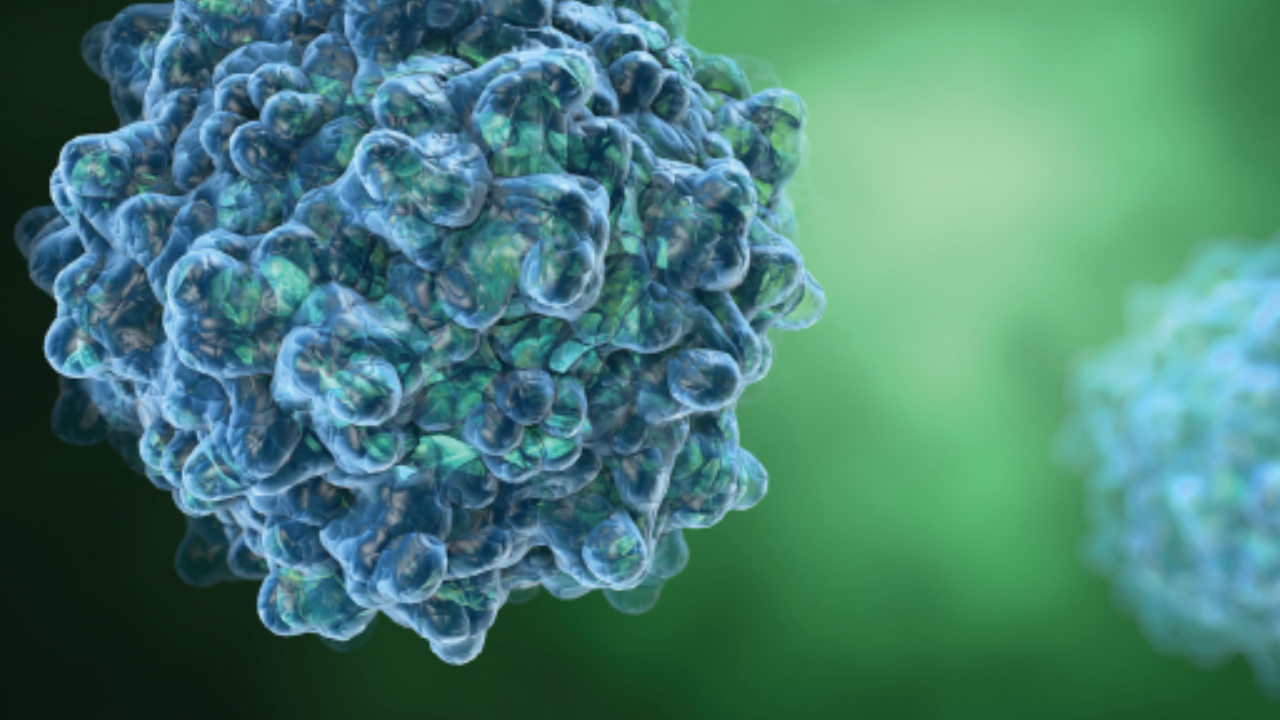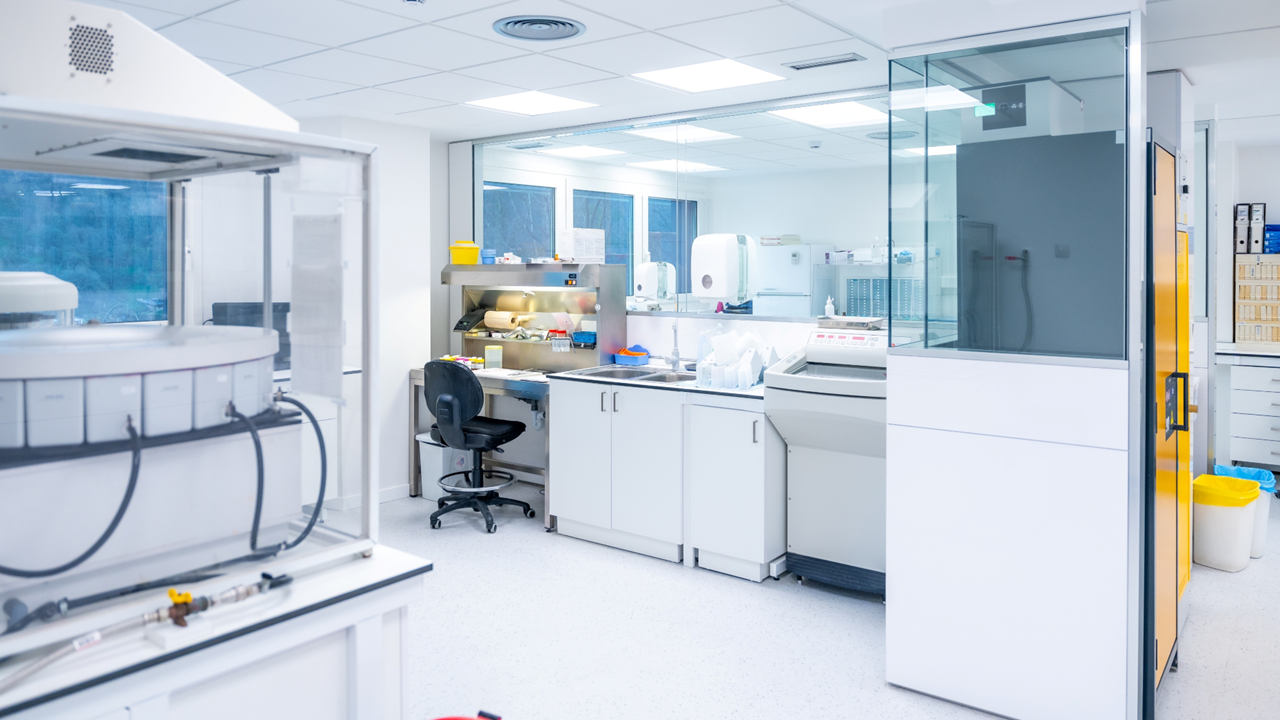The landscape of clinical trials in neuropsychiatry is undergoing a paradigm shift.
Traditional approaches, which often rely on broad diagnostic categories, have struggled with high placebo response rates and inconsistent treatment outcomes.
Biomarker-driven clinical trials represent a transformative shift in drug development, particularly in fields like neuropsychiatry, where traditional methods have contended with variability in patient response.
By integrating objective biological measures — such as electroencephalography (EEG), neuroimaging and genetic or molecular markers — these trials enable a more precise understanding of how treatments work at an individual level.

Founder, President and CEO
Alto Neuroscience
This approach allows researchers to identify patient subpopulations that are more likely to benefit from a specific therapy, which may improve trial efficiency, reduce failure rates and guide the path towards potential regulatory approval.
To gain insights into the current landscape of biomarker-driven approaches in neuropsychiatric clinical trials, Xtalks spoke with Amit Etkin, MD, PhD, Founder, President and CEO of Alto Neuroscience for the latest issue of Xtalks Clinical Edge™.
Alto Neuroscience is pioneering a new model that integrates brain biomarkers, wearable technology and neurocognitive assessments to revolutionize how psychiatric disorders are studied and treated.
The company’s Precision Psychiatry platform aims to foster data-driven, patient-specific clinical trials. It helps uncover biological and clinical insights that traditional CNS drug development methods often overlook to help guide every stage of the drug development process.
Leveraging a data-driven approach can enhance the likelihood of clinical success for drug programs and ultimately deliver meaningful advancements for patients.
Xtalks Clinical Edge™: Issue 4 — Redefining Neuropsychiatric Clinical Trials: Alto Neuroscience’s Precision Psychiatry Approach
Xtalks Clinical Edge™ is a magazine for clinical research professionals and all who want to be informed about the latest trends and happenings in clinical trials. This magazine immerses you in a world where industry leaders, patient advocates and top researchers converge to provide the most insightful perspectives on clinical trials.
The Role of Biomarkers in Precision Psychiatry
According to Alto Neuroscience, the foundation of the company’s approach is ensuring that the right patients are included in trials — not just based on diagnosis, but also on biomarker-driven insights.
Every patient in the company’s trials undergoes extensive biomarker assessments. Data from these assessments go towards building a robust dataset that enables the identification of biological patterns linked to treatment response.
“The most important element of our trials is making sure we have the right patient,” Dr. Etkin explains. “And that needs to go beyond just having a diagnosis. We assess all of our biomarkers on every patient in all of our trials, no matter what we’re actually looking for or selecting based on, in order to build the platform itself.”
By systematically collecting data on placebo responses, standard-of-care treatments and investigational therapies, Alto Neuroscience has built an extensive biomarker database for placebo response in depression, which they believe to be the largest across both academia and industry. This is significant because placebo is a critical factor that influences clinical trials.
By leveraging scalable measures such as EEG and cognitive tests, biological markers can be identified that help determine which patients will benefit from specific treatments.
Robust, comprehensive trial data enables a deeper understanding of how brain measures change in response to treatment, whether successful or not. It also provides insights into the neurobiological mechanisms at play in psychiatric disorders.
This leads to a dual approach — gaining a deep understanding of each patient’s biology while simultaneously guiding the development of more targeted and effective interventions targeting different brain systems.
“For us, this is fundamentally a data challenge — one that can be effectively addressed through biomarkers,” Dr. Etkin says.
Data-driven approaches that go beyond conventional trial methodologies and leverage precision biomarkers can enhance drug development and optimize treatment strategies.
Integrating EEG and Wearable Technology into Clinical Trials
One of the biggest challenges in deploying biomarker-driven trials is integrating technologies like EEG and wearable devices into clinical trial workflows.
Unlike other fields of medicine, psychiatric trials rarely use these tools in routine practice.
Since EEG is often unfamiliar to many clinical trial sites, Alto Neuroscience has created its own suite of software tools, including real-time quality control software, to facilitate the implementation of these technologies. It also works to ensure consistent data acquisition across its network of more than 100 trial sites.
“This precision-driven strategy is deeply embedded in our clinical trials, which focus on real-world patient populations,” explains Dr. Etkin.
Alto Neuroscience currently has four Phase II studies underway, spanning depression, bipolar depression and schizophrenia.
“Even within depression, we are advancing two distinct drugs designed for different patient subpopulations. This reflects our broader vision for the future of psychiatry — moving beyond a one-size-fits-all approach to align drug development with targeted patient needs,” Dr. Etkin notes.
“By refining how we identify and treat patients, we aim to not only improve clinical trial outcomes but also drive meaningful changes in psychiatric care,” he says.
Moreover, this infrastructure extends beyond research applications. By implementing quality control of the data in real time and automatically scoring it — to identify the biomarker — the individual collecting it no longer needs specialized expertise, either for acquisition or interpretation.
The ability to acquire and interpret EEG data without requiring expert oversight also paves the way for commercial deployment, making biomarker-driven diagnostics and treatments more accessible to clinicians and patients alike.
“We use our trial infrastructure to learn about ultimately how commercial deployment of these tools would need to look,” Dr. Etkin says.
Alto Neuroscience has built a robust clinical trial infrastructure, with an in-house data science team, an engineering team that develops biomarker measurement tools and proprietary software for collecting EEG data. The company’s trials are conducted internally by a dedicated clinical operations team in a collaborative environment.
Dr. Etkin says one of Alto’s core values is to “rethink everything — a mindset that drives us to question assumptions, uncover overlooked opportunities and approach challenges with fresh eyes. This commitment ensures that we are always evolving, refining our strategies and finding the most effective solutions in our pursuit of innovation.”
This is also the context in which you can find very fruitful collaboration, he says.
Alto Neuroscience has actively collaborated with academic institutions and innovative companies to integrate new biomarkers into its approach.
The company’s work has also attracted interest from major pharmaceutical players, with Novartis and Lilly supporting it in previous Series B and Series C funding rounds.
“While this industry interest is encouraging, our primary focus remains on execution — demonstrating the success of our programs and proving how biomarkers and a precision-based approach can transform psychiatry. That’s where our efforts are laser-focused,” Dr. Etkin says.
A Data-Driven Future for Psychiatric Trials
Looking ahead, Alto Neuroscience foresees a growing emphasis on systematic, standardized data collection in clinical trials. As the field embraces the principles of precision psychiatry, the challenge will be to scale these efforts while maintaining data integrity and ensuring meaningful clinical insights.
“Understanding what kind of data to collect, systematizing that data, understanding the quantum — how much data to collect — all of that is work we are directly focused on,” Dr. Etkin says. “If you collect data in a standardized way, you collect enough of it, you can really build insights across not just an individual dataset, but multiple datasets.”
Precision psychiatry is an approach that was once novel but is now gaining traction across the industry.
“When we came out of stealth in the fall of 2021, we were debating whether to use the term precision psychiatry because nobody at that point was using it,” Dr. Etkin reflects. “Now a lot of people are talking about it, but not yet really doing it.”
By harnessing biomarker-driven trials, advanced analytics and innovative technologies, the industry can move beyond traditional approaches and revolutionize psychiatric care. The future of neuropsychiatric drug development depends on embracing these advancements to help guide precision-driven, personalized treatments in mental health care.













Join or login to leave a comment
JOIN LOGIN